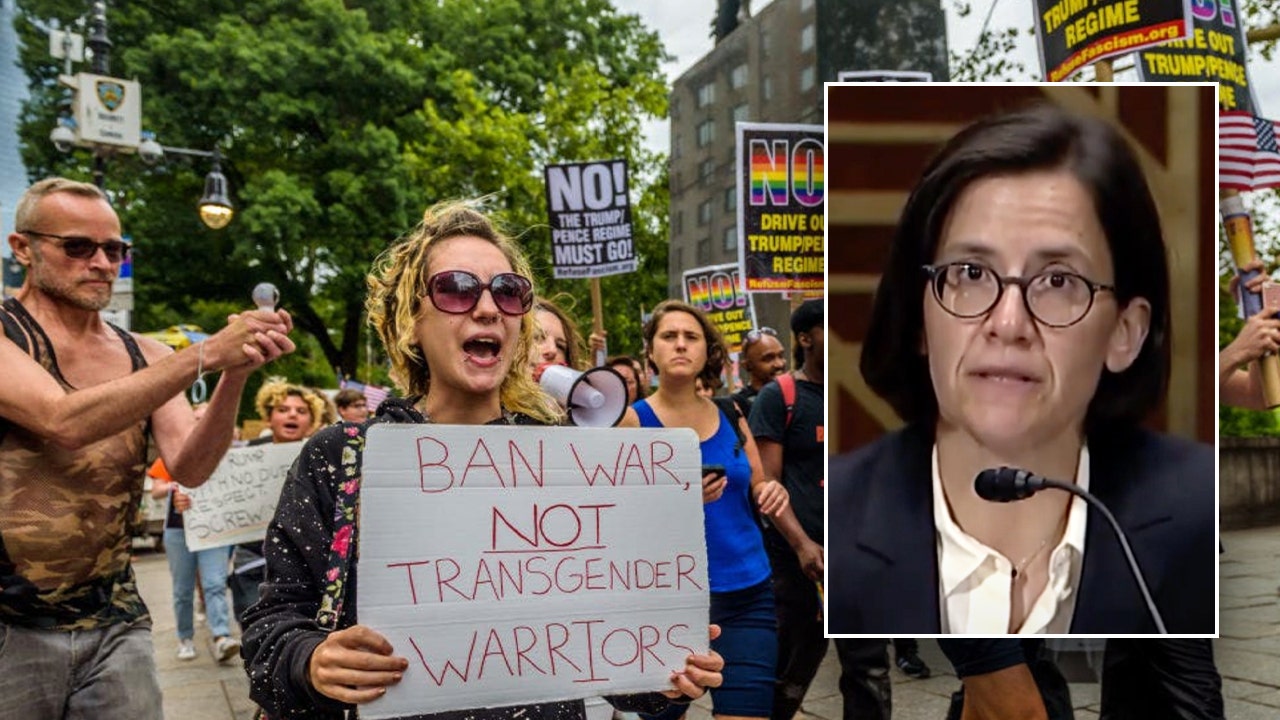To make a comprehensive risk assessment of the situation on the ground, Tedros Adhanom Ghebreyesu told reporters at a regular briefing in Geneva WHO needs more detailed information on disease severity, hospital admissions and ICU support requirements.
“WHO is supporting China to focus its efforts on vaccinating people at highest risk across the country, and we continue to offer our support for clinical care and the protection of its health system,” he said.
challenging year
Although in the third year COVID-19 is not the only challenge facing the people of the world.
From a global outbreak of monkey poxnow known as mpoxto cholera outbreaks in several countries and to Ebola Occurrence in Uganda, up to wars in Ethiopia and Ukraine; drought and floods in the Greater Horn of Africa and the Sahel; and flooding in Pakistan, the year was challenging on many fronts.
“Not to mention the numerous other health threats that people face year after year, from the air they breathe, the products they consume, the conditions in which they live and work, and their lack of access to essential health services,” Tedros said.
reason for optimism
At the end of 2022, he optimistically outlined “many reasons for hope”.
“The COVID-19 pandemic has declined significantly this year, the global outbreak of monkeypox is declining and there have been no cases of Ebola in Uganda for more than three weeks,” the WHO chief said.
He expressed hope that each of these emergencies will be declared over at various points over the next year.
“Certainly we are in much better shape with the pandemic than we were a year ago when we were in the early stages of the Omicron wave, with rapidly increasing cases and deaths,” the senior UN official continued.
“Since peaking in late January, the number of weekly reported COVID-19 deaths has fallen by nearly 90 percent.”
gaps and uncertainties
However, given the remaining uncertainties and gaps, he insisted it was too early to say the pandemic was over.
The WHO chief painted a picture of surveillance gaps; vaccinations; treatments and healthcare systems.
Additionally, gaps in understanding – from the onset of the pandemic to post-COVID-19 conditions – mean we don’t know the best treatment for those suffering the long-term effects of infection, or how to prevent future pandemics.
“We continue to urge China to share the data and conduct the studies that we have requested and continue to request,” Tedros said, noting that “all hypotheses about the origins of this pandemic remain on the table.”





